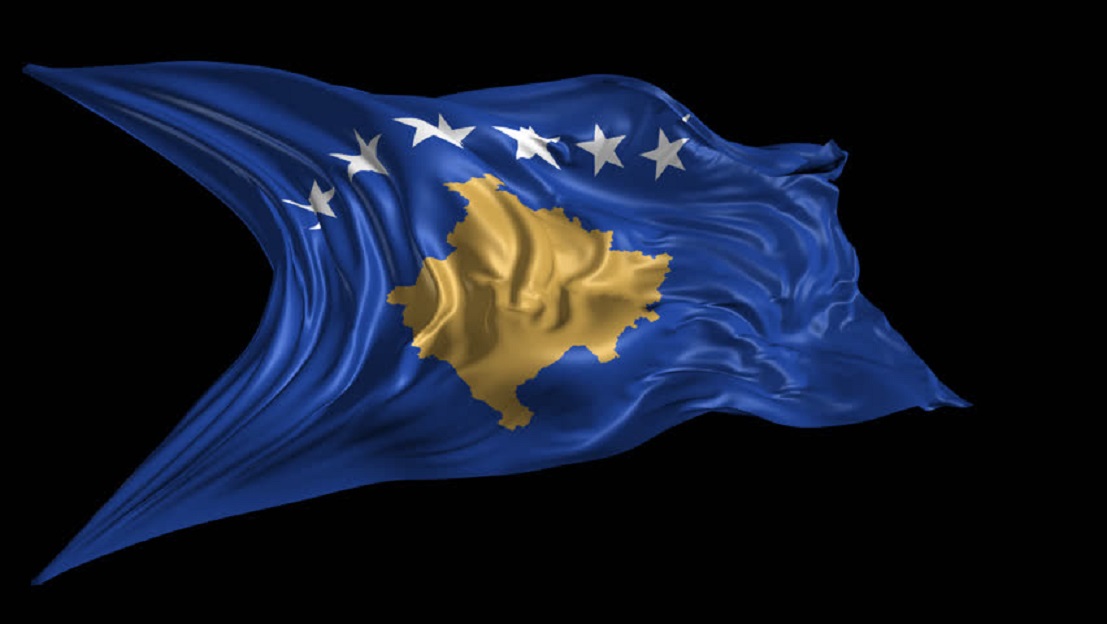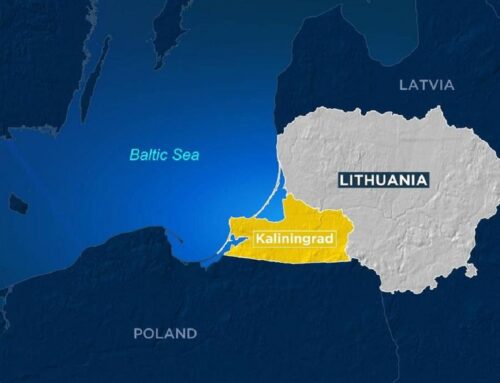Kosovo declared its independence from Serbia on February 17, 2008. In its declaration of independence, Kosovo committed to fulfilling its obligations under the Ahtisaari Plan, to involve multi-ethnicity as a fundamental principle of good governance, and to welcome a period of international supervision.
The United States recognized Kosovo as a sovereign and independent state on February 18, 2008. Until now, Kosovo has been recognized by 114 states, from the majority of European states, the United States, Canada and Japan and by other states from the Americas, Africa, and Asia.
Serbs living in Kosovo largely opposed Kosovar independence; they soon elected their own assembly as a direct challenge to Kosovo’s new constitution, which took effect in June 2008.
In October 2008 the UN General Assembly, following a request by Serbia, submitted the question of the legality of Kosovo’s independence to the International Court of Justice. In 2010 the International Court of Justice ruled that Kosovo’s declaration of independence did not violate international law.
In the present, Kosovo is still working on deepening its independence but it is struggling with social and economic difficulties which make it difficult to consolidate continuous stability.
Economic Background
Although Kosovo’s economic growth has outperformed its neighbors and been largely inclusive, it has not been sufficient to reduce the high rates of unemployment; provide formal jobs, particularly for women and youth; or reverse the trend of large-scale outmigration. The current growth model relies heavily on remittances and aid. This dependency, together with Kosovo’s structural characteristics, put pressure on competitiveness and productivity, limiting job creation and business expansion.
Kosovo’s current growth strategy needs to be adapted through reforms related to governance, macroeconomic, structural, and social policies. Addressing the infrastructure bottleneck in energy and building up governance and the rule of law are top priority areas in aiming to fully reap the benefits of EU integration, unleashing productivity gains, and creating quality jobs and inclusion.
Kosovo- Serbia diplomatic relations and the EU integration
Both Kosovo and Serbia want to join the EU, which has made it very clear to both states that a more positive relationship must be established between them if their pathway to EU membership is to continue. It has also been shown that Serbia and Kosovo can reach an agreement when each has something important to gain. The Post-War Reconciliation Commission is a good example that the two states with might have a good relation in the future. President Hashim Thaci announced that this commission will encourage mutual forgiveness among Kosovo’s Albanians and Serbs.
Mistrust between Kosovo and Serbia must be dismantled and trust rebuilt to ensure the EU will consider their candidacy for membership in the future.
References:
- http://www.usip.org/publications/the-future-kosovo
- http://theowp.org/reports/new-approach-new-hope-the-kosovo-serbia-issue/
- https://www.inquiriesjournal.com/articles/1521/looking-into-the-crystal-ball-of-kosova-perceptions-understandings-and-predictions-of-the-next-generation
- https://ruwanthikagunaratne.wordpress.com/2013/06/02/kosovo-declaration-of-independence/
- http://www.cfr.org/region/kosovo/ri288
- http://www.heritage.org/index/country/kosovo
- http://www.historytoday.com/robert-bideleux/kosovos-conflict





Leave A Comment